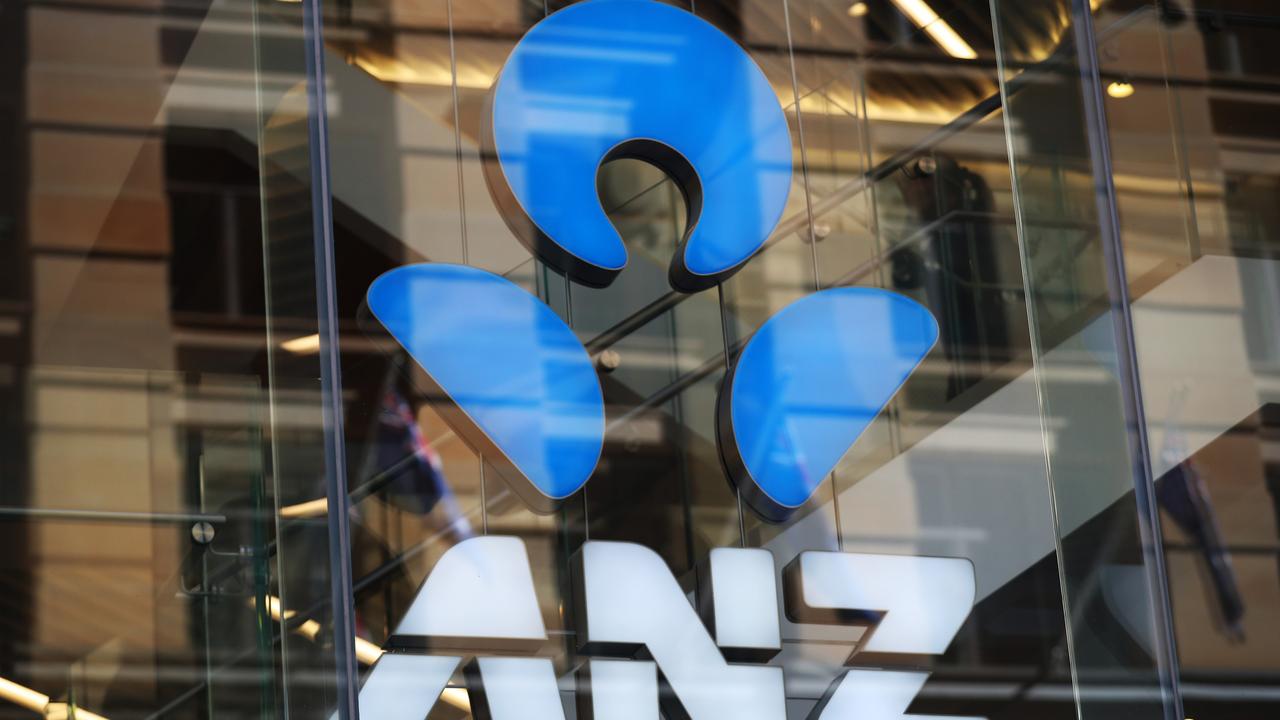Neobank Volt to shut down after hitting funding wall, will return licence to APRA
After failing to raise $200m in fresh capital, Australia’s first consumer online-only bank has called time and will shut down, urging customers to withdraw their savings by July 5.

The online-only neobank business model has suffered a final blow, with sole survivor Volt handing back its banking licence to the prudential regulator and returning more than $100m in deposits to 6000 customers.
Volt – which became the first neobank to earn a restricted banking licence in May 2018 – said in a statement on Wednesday that the board had decided to cease banking operations after unsuccessful global efforts to raise an extra $200m in capital.
Volt’s chief executive, Steve Weston, said all options had been considered before making “this difficult decision”, which was in the best interests of customers.
“The entire Volt team is deeply disappointed to have reached this point,” Mr Weston said. “We are enormously grateful to everyone who believed in what we were trying to achieve and worked tirelessly to make Volt a success.”
Since its inception, Volt has raised $219m from investors including Pepper Money and mortgage aggregator AFG.
Mr Weston, the company’s founder and second largest shareholder, said the latest raising was pitched to venture capital funds with a focus on the fintech industry. The money was earmarked for the formal launch of deposit and lending products, which were only operating in a pilot capacity.
The feedback from the funds, Mr Weston said, was that they were likely to have participated if the funding round had been last year when markets were buoyant. Instead, it started in February, by which time Russia had invaded Ukraine and markets had become more unstable. “Maybe talk is cheap, but the investors we approached said they were genuinely interested in us and liked what we had done,” he said.
The company, in fundraising documents obtained by The Australian, told investors it was targeting a mortgage book of $1.4bn this year – and wanted to grow that to $5bn by mid-2023, when it would be breaking even.
At the time, it was attempting to raise $200m at 75c per share.
“Volt has received 65 per cent of its deposits from customers over 45 years old and 16 per cent from customers over 65 years old, proving digital banking has strong appeal to the older market segment,” the documents read.
The company was forecast to make a $50m loss in this financial year, and a $73m loss in the year ending June 30, 2023, they show.
“Volt forecasts to grow its mortgage book more than 40-fold during the FY23 financial year, driving operating income up 283 per cent,” the filings read. “Costs only increase by 50 per cent for employees and 63 per cent for other operating costs.”
A wave of low-cost, digital-only banks have launched around the world in the last five years or so, largely pitched to younger customers who were frustrated with slow-moving incumbents.
Volt, which upgraded to a full banking licence in January 2019, was followed by Xinja and 86 400.
Xinja accumulated a significant deposit base of $457m through attractive interest rates but struggled to build a sustainable revenue stream.
The company said in March 2020 that World Investments, a private, Dubai-based investment group, would pump in $433m over the following two years, with $160m upfront. It was supposed to be the largest single equity investment in an Australian start-up, but the money never arrived.
After burning through about $98m in shareholder capital, Xinja exited the banking industry and returned deposits to its customers under APRA supervision.
86 400 saw the writing on the wall in late 2020, introducing National Australia Bank as a minority shareholder with an 18 per cent stake before it acquired the remainder for $220m last year.
At the time, 86 400 had more than 85,000 customers, $375m in deposits, $270m in mortgages and 2500 accredited brokers.
Mr Weston said Volt, which employs about 140 people, could look to strike a similar deal with its own platform after handing back its licence to the Australian Prudential Regulation Authority.
“A bank buying the last of the neobanks could raise feedback from the competition regulator, so it could be easier for the larger banks if they’re only buying the technology,” he said. “The technology we’ve developed makes it possible to have near-instant approval for mortgages – it’s transformationally quicker. Almost all the banks have challenges with mortgage processing.”







To join the conversation, please log in. Don't have an account? Register
Join the conversation, you are commenting as Logout